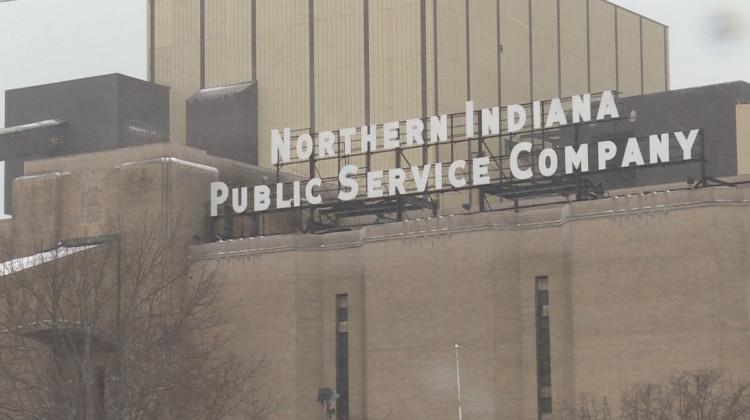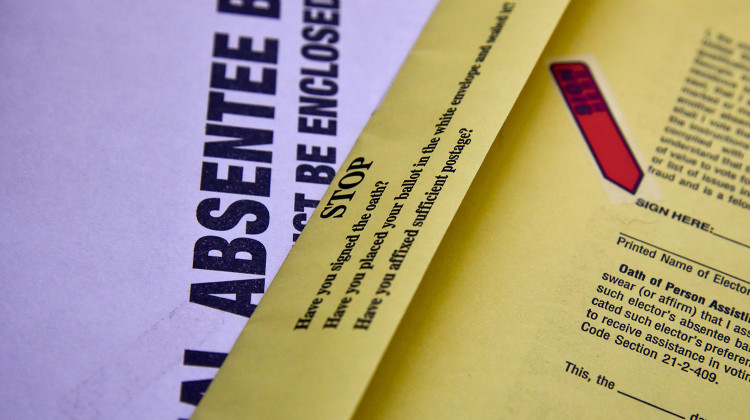U.S. states' efforts to counter extreme gerrymandering won a victory Monday, as the Supreme Court ruled in favor of a bipartisan Arizona panel that draws the state's districts. The court's vote was 5-4; Chief Justice John Roberts dissented, as did Justices Antonin Scalia, Clarence Thomas and Samuel Alito.
Justice Ruth Bader Ginsberg wrote the opinion for the majority, in which her citations included James Madison writing in The Federalist Papers.
"The people of Arizona turned to the initiative to curb the practice of gerrymandering," Ginsberg wrote, "and, thereby, to ensure that Members of Congress would have "an habitual recollection of their dependence on the people."
Ginsberg continued, quoting a 2005 gerrymandering case: "In so acting, Arizona voters sought to restore 'the core principle of republican government,' namely, 'that the voters should choose their representatives, not the other way around.' "
Arizona's Independent Redistricting Commission was formed 15 years ago, after the state's voters approved Proposition 106 and amended the state's constitution to take redistricting power away from the Legislature (which later filed suit).
As for the effects Arizona's commission has had, here's what Arizona Public Media reports:
"The independent commission drew boundaries after the 2000 census and again after the 2010 census. In the 2012 election, five Democrats and four Republicans were elected to Congress in Arizona. In 2014, five Republicans and four Democrats were elected."
The case could have effects far beyond Arizona; more than a dozen other states, including California, have adopted similar processes as they try to break up partisan gridlock that results from drawing polarized districts.
Today's ruling has been hotly anticipated, particularly ahead of the 2016 election cycle. The ruling "could affect as many as one-third of congressional districts," NPR's Jessica Taylor writes for It's All Politics.
A large part of the debate over the case hinged on one word: "legislature."
From the Constitution's clause on elections:
"The times, places and manner of holding elections for senators and representatives, shall be prescribed in each state by the legislature thereof."
The two sides have argued over whether "legislature" in the clause can be interpreted to refer to voters who enact a law via ballot initiative.
When the case was argued back in March, the Arizona Legislature's lawyer, Paul Clement, said "The whole idea of the Constitution was that we're going to form a republican government, that we can't have direct democracy."
The Constitution, Clement said, gave authority over elections to elected officials, not to the public. But Ginsberg and the rest of the majority didn't agree, mentioning not only the efforts to combat gerrymandering but also dozens of voter initiatives that shape how Americans vote, such as mail-in ballots and voter ID laws.
Here's how NPR's Nina Totenberg described the case back in March:
"In 2000, Arizona voters approved a ballot initiative to amend the state Constitution and take legislative redistricting out of the hands of the state legislature. Instead, the voters gave most of the redistricting power to an independent commission, composed of two Republicans, two Democrats, and an Independent chair. In a state with 35 percent registered Republicans, 35 percent Independents, and 30 percent Democrats, the congressional map the commission drew had four safe Republican seats, two safe Democratic seats, and three competitive districts.
"Infuriated Republican state legislators wanted a bigger slice of the pie, however, and after the Arizona Supreme Court frustrated their effort to fire the commission's chair, they challenged the commission as unconstitutional, appealing all the way to the U.S. Supreme Court."
9(MDEwMDc1MzM3MDEzNDczOTA0MDc1MzViMQ001))
 DONATE
DONATE






 View More Programs
View More Programs

 Support WFYI. We can't do it without you.
Support WFYI. We can't do it without you.